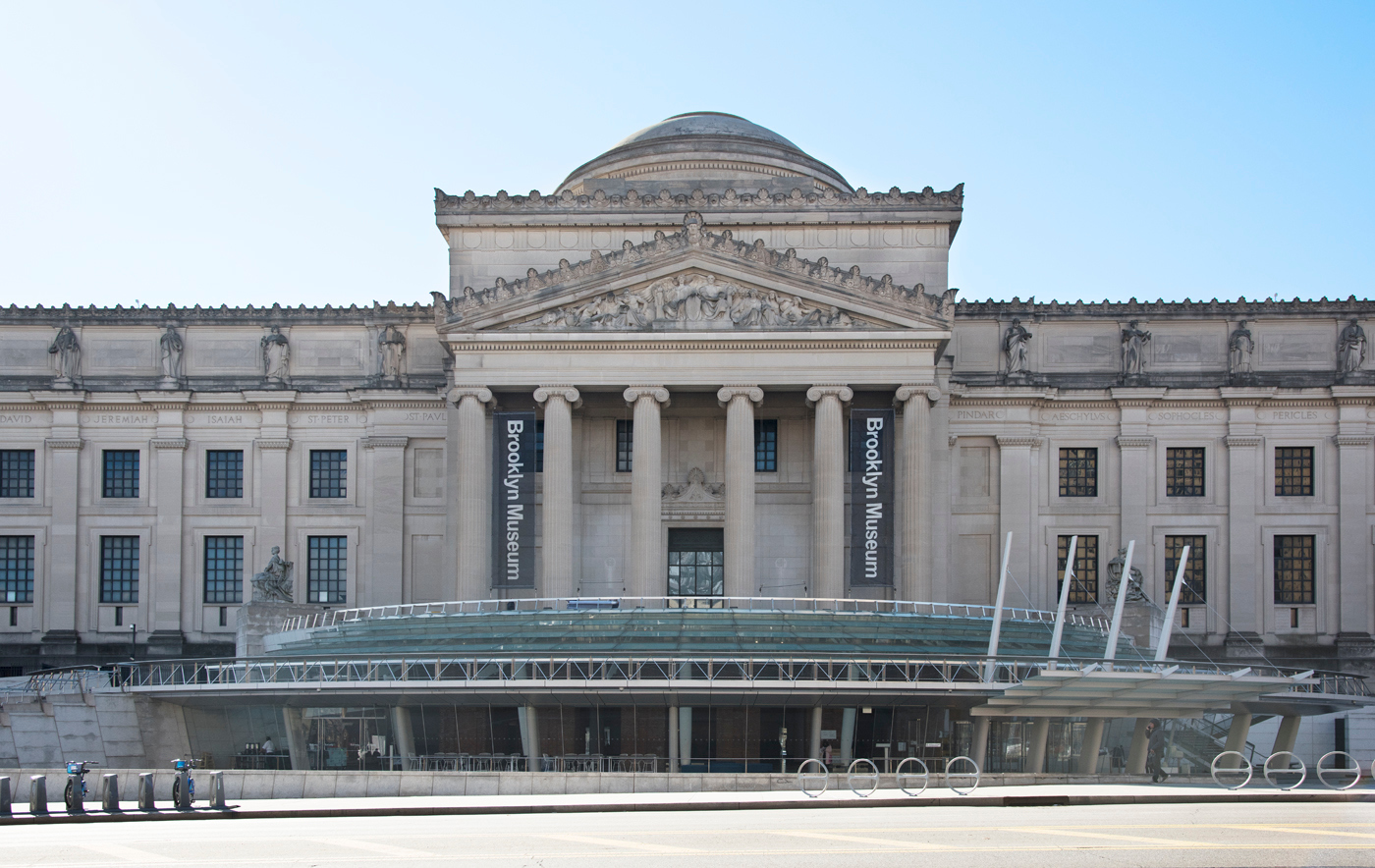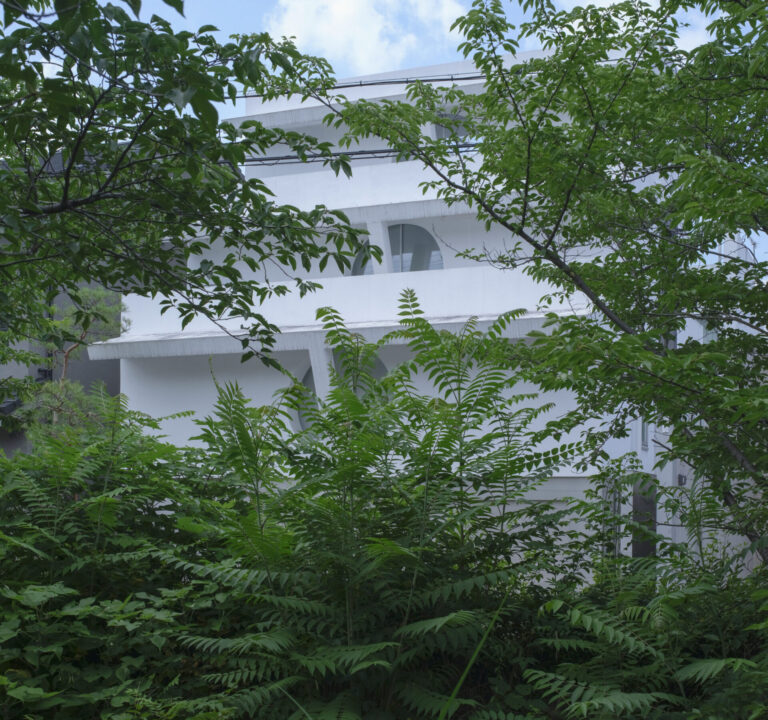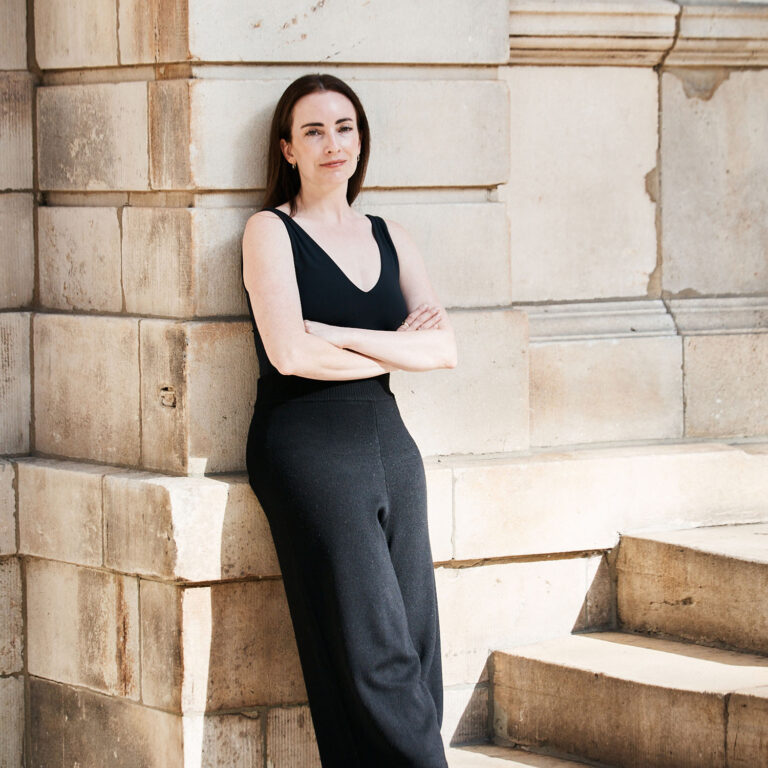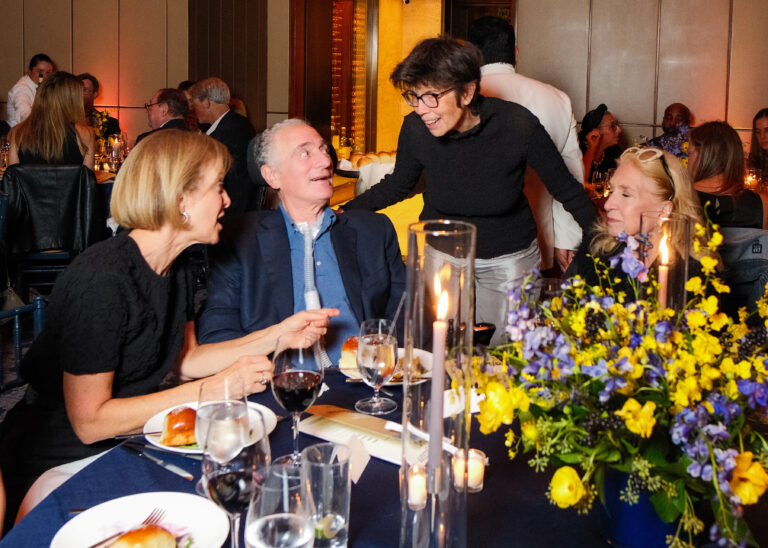
It’s been written countless times in marketing materials: the museum lobby is a “public space.” But with access tightly (and privately) controlled, and far more consumer pressure to pay to stay than a library, park or city square, is it really? Though art spaces and theaters have always claimed that their semi-private lobbies/foyers are open to all, practice has shown us otherwise. However, now—as the recent murders of Ahmaud Arbery, George Floyd, Tony McDade and Breonna Taylor have onset nationwide protests in support of the Black Lives Matter movement—they are finally fulfilling their public purpose. They just needed a push.
That’s where #OpenYourLobby comes in. Organized by a small group of friends who met through New York’s network of emerging theater administrators, the initiative began a week ago on social media with a hashtag and Instagram and Twitter accounts by the same name, drawing the attention of art spaces, museums and theaters (currently closed due to the COVID-19 pandemic) and putting pressure on them to act beyond a statement of solidarity with Black Lives Matter protesters. “This started because we were on the ground during the initial weekend of protests, and we saw people struggling to find refuge in a largely boarded up city,” the anonymous group said in a statement to Cultured. “Theater spaces came to mind because they are centrally located with bathrooms and resources that haven’t been used for weeks.”
View this post on Instagram
A post shared by Open Your Lobby (@openyourlobby) on Jun 3, 2020 at 11:56am PDT
Through follower tags and direct asks by its organizers, the movement took off quickly. In the span of a week, more than 70 organizations (from the Brooklyn Museum in New York to the San Jose Stage Company in California) are now participating, providing bathrooms at all, and places of respite, snacks, meals and protective gear at some. There’s no potential monetary incentive for these arts spaces to open their lobbies, with the exhibition or performance elements of their businesses closed due to the coronavirus. In that sense, they are fulfilling their original purpose as gathering spaces truly for the public—no pressure to buy, no pressure to leave and no police allowed, in a brief escape from the elements within the “living rooms” of their buildings.
The movement has already seen support from Tony-nominated actress and singer Sara Bareilles and continues to grow daily. But, its organizers are now thinking of ways to expand beyond the physical so that those companies who are unable to open can still support racial justice. Some are behind on rent; others have foyers too small to support social distancing. “As more spaces open up, we’ve begun brainstorming and researching more initiatives to challenge those who cannot provide brick-and-mortar space,” they say, “but must continue to support the Black community in this pivotal moment.”










 in your life?
in your life?

